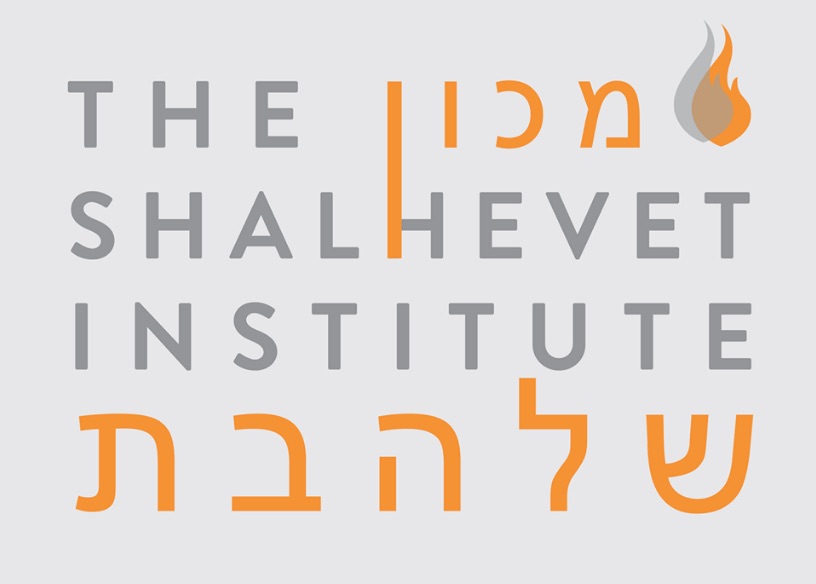 Photo from Facebook
Photo from Facebook At first glance, Shulem Deen and Rabbi Yakov Horowitz represent opposite endpoints on the Jewish religious and cultural spectrum. However, the New York-based authors often shared common ground during a recent discussion comparing the insularity practiced by the Charedi (ultra-Orthodox) and Modern Orthodox communities.
The two spoke at Shalhevet High School on Jan. 10 at an event titled “Rethinking Insularity: The Role of Boundaries in the Modern World,” which was organized by the Shalhevet Institute and NCSY.
Los Angeles writer and moderator Abigail Shrier set the tone for the discussion by defining insularity as “the impulse to shut out the outside world, and in our case, the non-Jewish world and values, and even other Jews.” She then conceded that she once viewed insularity as an affliction among religious Jews until she talked to a group of Orthodox men in New York about how the internet encroached on their way of life.
Deen, who documented his journey from the Skverer Chasidic sect to a secular existence in his memoir “All Who Go Do Not Return,” conveyed his views on insularity through poignant personal recollections and stories of other Jews’ experiences making a similar transition.
https://www.facebook.com/JewishJournal/videos/10155811004054713/
Horowitz, known for his book “Living & Parenting” and his children’s book “Let’s Stay Safe,” used humorous anecdotes from his years of teaching to explain challenges Orthodox families face in balancing religious parental practices with the demands of the secular world that their kids face growing into adulthood.
“My job as an educator is to transmit values and ethics in the Torah as I understand it to the children, but also give them the critical thinking skills to ask questions,” Horowitz said.
When Shrier asked Horowitz if he believed insularity was a Torah value, he instead described it as a cultural value.
Though Deen expressed empathy toward Orthodox communities practicing self-imposed isolation, he argued that there were two sides to insularity. Experiential insularity, adopted by Modern Orthodox Jews, shows a willingness to learn about ideas from the outside world even while living in a closed society. Cognitive insularity, meanwhile, requires community members to cut themselves off completely from facts coming from the study of science, literature, music and art.
“Cognitive insularity can be dangerous, as it [could lead to] fundamentalist extremes within the religious Jewish community,” Deen said. “It may compel some to go against their natural instincts and avoid critical thinking.”
When Shrier asked Horowitz if he believed insularity was a Torah value, he instead described it as a cultural value. He then suggested there was a way Orthodox parents could raise their children in a religious home without cutting them off completely from benefits of the secular world, including the high-tech learning tools at many of the schools in his community.
“Parents should try to shield their children from the vices of the general population, but with the understanding that it is only a temporary fix,” Horowitz said. “With younger children, postpone exposure to some outside-world things as long as you can. When they get older, protect and supervise them. Once they’re in their teens, prepare them to face the outside world and make good decisions.”
The discussion then shifted to statistics showing that the Jewish population in New York City has increased because of the Charedi and other Orthodox groups’ rising birthrate and low inclination to intermarry. Deen and Horowitz suggested the trend would spread to other U.S. cities, including Los Angeles, and have a profound influence on the American Jewish community.
“Insularity has always been around, but now [Jews from other denominations] are starting to pay attention,” Deen said. “We have to think about what all of it will mean for the future of American Jews. Some Reform or Conservative Jews may say that the Charedi won’t have anything to do with them. However … why not approach a member of the Orthodox community and try to start a conversation to discuss some of the issues all Jews face?”




















 More news and opinions than at a Shabbat dinner, right in your inbox.
More news and opinions than at a Shabbat dinner, right in your inbox.